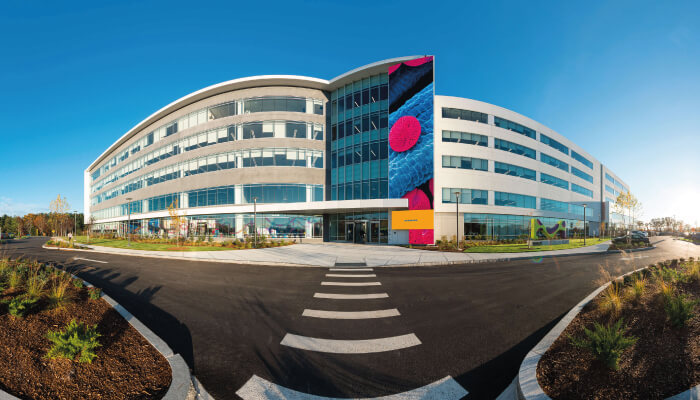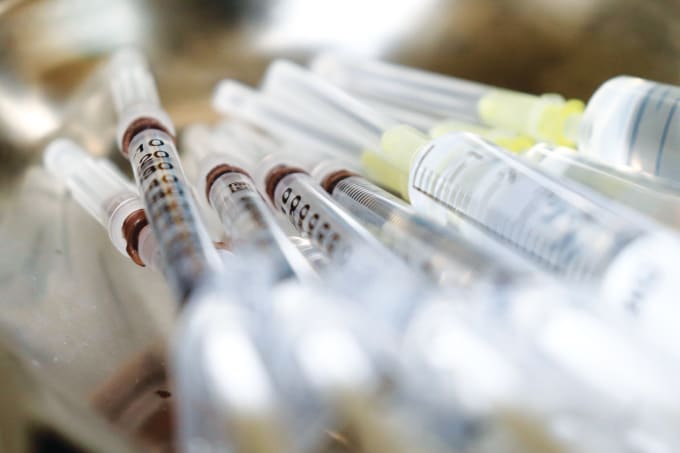The antibody drug conjugate (ADC) market has faced its fair share of disappointments. But as the industry gets to grips with the underlying chemistry, progress is being made – evidenced by the growing number of approved drugs. Here, Lisa McDermott, Director of Process and Analytical Development at Merck, highlights the advances and technologies that will drive success in the ADC sector.

Though there have been advancements in the last decade, there are still many opportunities for further improvement for ADCs – particularly in the broader field of bioconjugation. As the field matures, I expect to see advances in three areas. First, cell targeting proteins will continue to improve in specificity and companies will find ways to incorporate multiple modes of action into a single construct; second, payloads used will become more sophisticated and incorporate strategies for matching potency with delivery density; and third, linkers will continue to be better designed to play a major role in modification of the PK/PD profile of each construct.
We’re all aware of how rapidly the field is evolving, so to keep up with changes in ADC development, manufacturing will receive more attention than ever before. We’re definitely going to see production processes become more templated and process equipment more standardized. Coupled to this, I anticipate that process equipment and PAT systems will be designed specifically for ADC production and that we’ll also see the widespread adoption of single-use systems for their well-documented safety and efficiency.
During the discovery phase for an ADC project, structure activity relationships between the antibody, linker and payload are not fully understood. And that necessitates the production of libraries that can interrogate the chemical space and provide information for candidate selection. Automation plays an important part in providing these libraries by implementing parallel workflows that provide both material as well as data-rich information about each construct.
In the area of process development, gathering as much information as possible throughout the life cycle of a construct is very important. Due to the complex nature of an ADC, the technology used to monitor the process chemistry can be extensive. Tools are needed to understand both large and small molecule chemistry. Unlike more traditional areas of chemistry, fewer at-scale batches are produced for ADCs, but continuous monitoring can provide trending information and quickly identify any risks to controlling the process.
I believe the market will directly respond to our ability to develop effective and safe products, and I don’t think it will stop with ADCs. The technical community continues to develop bioconjugation techniques that use targeted delivery mechanisms to provide the patient with effective treatments with less off-target effects, lower total dose, and improved quality of life.




